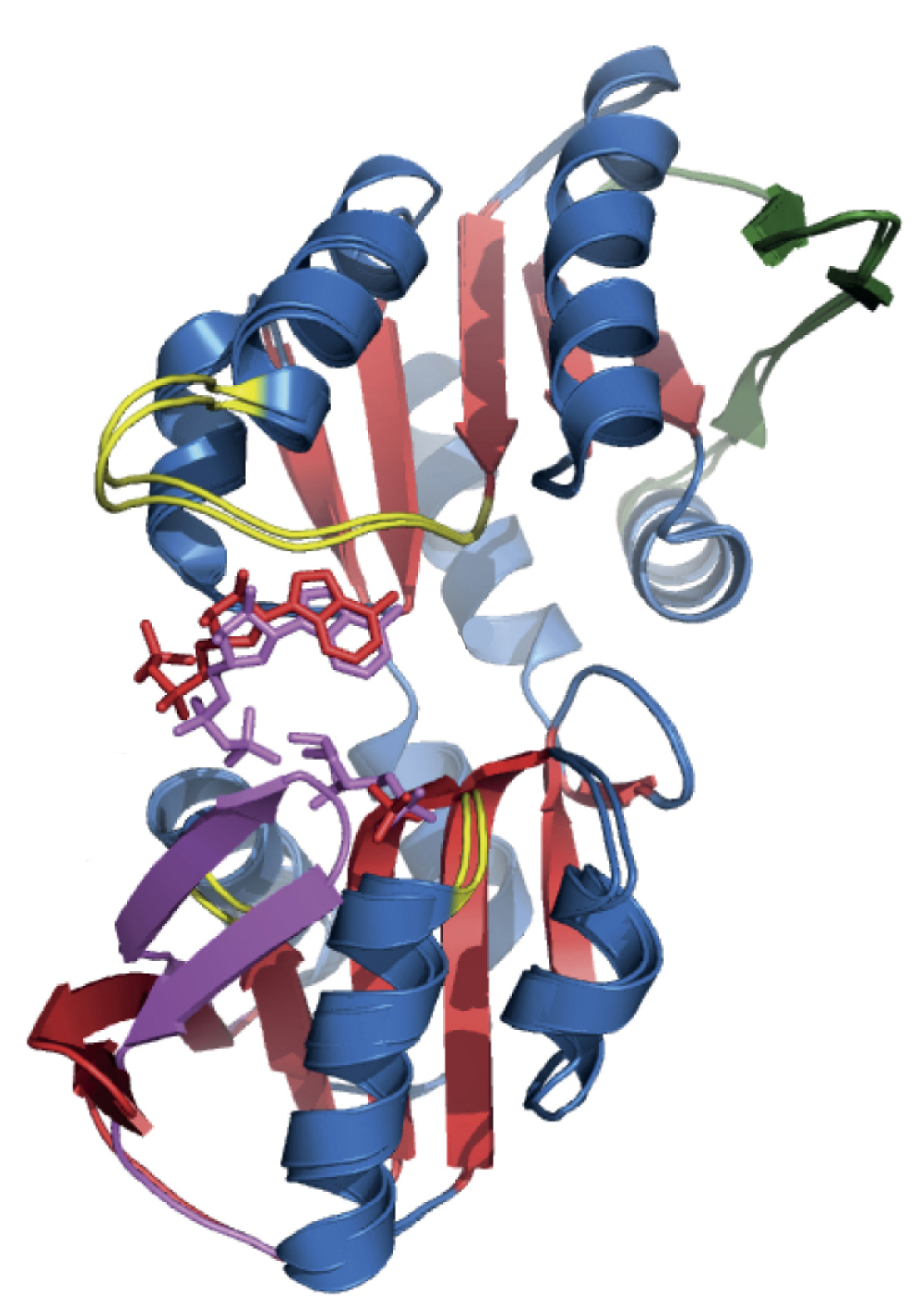Survey of knowledge on how to combat microorganisms
A comprehensive knowledge of the synthesis of organisms and the utilisation of the compound PRPP may be useful in efforts to develop methods for combating microorganisms that can infect humans and other mammals. An international research team has now made a complete list of results in the field.


Phosphoribosyl diphosphate, also called PRPP, is an important component of human metabolism. All free-living organisms contain the enzyme PRPP synthase, which catalyses the formation of PRPP. In addition, most species of bacteria, archaea, fungi, and plants use PRPP as a substrate in enzyme-catalysed reactions, as the compound is found in the biosynthesis of purine and pyrimidine nucleotides, the amino acids of histidine and tryptophan, and several cofactors such as NAD. Therefore, the synthesis of PRPP constitutes the branching point of a network of biochemical reactions.
Together with researchers from the Technical University of Denmark (Mogens Kilstrup and Jan Martinussen), the University of Copenhagen (Martin Willemoës) and the University of Illinois (Robert L. Switzer), Kasper Røjkjær Andersen and Bjarne Hove-Jensen have studied the present literature on the synthesis and utilisation of PRPP in microorganisms and multicellular organisms, such as the human being. As PRPP is found in many different biochemical processes, the synthesis of PRPP can be a target for the development of antibiotics that specifically affect the nucleic acid and protein synthesis of infectious microorganisms, and therefore an overall knowledge about PRPP is an important step for the development of new types of antibiotics.
The results of the study have been published in the American Society for Microbiology’s journal Microbiology and Molecular Biology Reviews.
For further information, please contact
Associate Professor Emeritus Bjarne Hove-Jensen
hove@mbg.au.dk
Assistant Professor Kasper Røjkjær Andersen
kra@mbg.au.dk – +45 8715 4928
Department of Molecular Biology and Genetics
Aarhus University, Denmark
